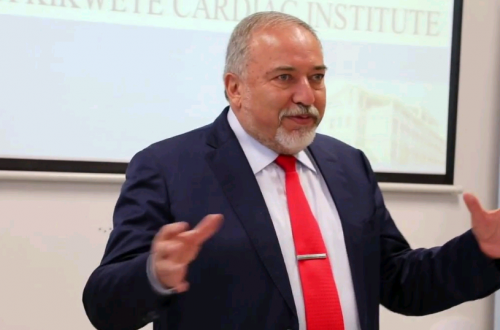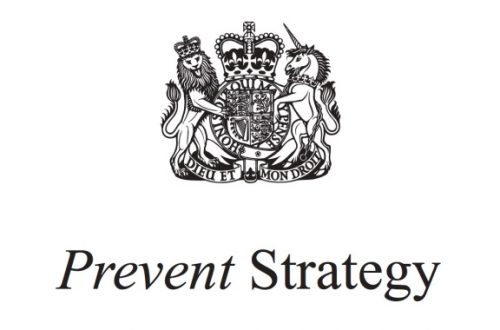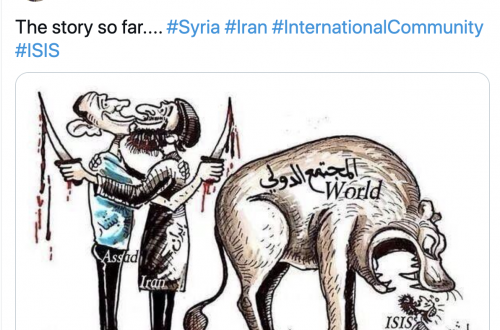It’s just over a year since the ‘Trojan Horse’ letter first came to light. Most here will have followed the case in some detail. Although our starting points, emphases, and interim thoughts may have differed, in the final analysis there seemed a fair degree of consensus here (and elsewhere) over the scale and nature of the problem. So other readers (and certainly Douglas Murray) who saw this article on the BBC site may have been surprised by the way it summed up the background to a new report from the Education Select Committee:
It was alleged last year extremists had tried to take over several schools in Birmingham to advance radical interpretations of Islam.
A series of official investigations found the claims to be groundless.
Obviously one can quibble about the meaning of ‘radical’ and ‘extremist’, but the original letter clearly wasn’t talking about violent jihadism, but about a range of less dramatic, but still serious, problems. My own confirmation biases oscillated on this one. I did spend quite a bit of time (without a great deal of success) trying to find problems in Andrew Gilligan’s various articles on the issue, but then became increasingly irritated by a series of evasive responses to the affair, particularly in the Guardian. Now the same kind of glossing over of the various problems seems echoed by the Select Committee.
But Graham Stuart, Conservative chair of the committee, said apart from one incident, no evidence of extremism or radicalisation was found by any of the inquiries into any of the schools involved.
“The Trojan horse affair is less about extremism than about governance and the ability of local and central agencies to respond to whistleblowers and to correct abuses of power within schools,” he said.
Predictably, sites such as 5Pillarz are delighted with this development. Their post concludes:
The “Trojan Horse” letter about extremism in Birmingham schools which sparked off months of media demonisation is now widely accepted to have been a fake.
Of course it was very quickly recognized that the letter’s ‘writer’ was a fictional creation, and that the document was created by a whistleblower. However, as has been pointed out repeatedly, it is meaningless to describe the letter as a ‘fake’ or a ‘hoax’ as though that automatically discredited its actual contents.
I think it’s reasonable to tease out the differences between violent extremism, non-violent extremism and a ‘narrow faith-based ideology’, to quote Ofsted. (That’s partly why I criticised this Spectator cover.) But the BBC report, and others, seem to ignore the specific problems of non-violent extremism, implying that anything short of a call to jihadism is no more than an issue of ‘governance’ or an ‘abuse of power within schools’. This ignores both the seriousness and the specificity of the problems revealed over the course of the investigations into Birmingham schools.
Update: I should have linked to this very good post by John Ware – so I do so now.


